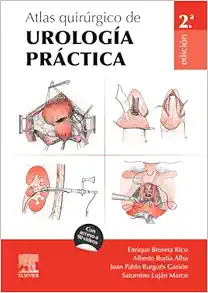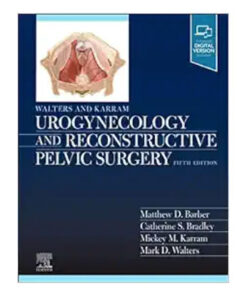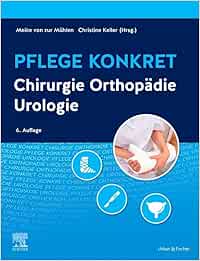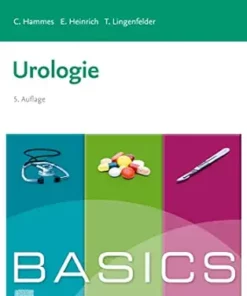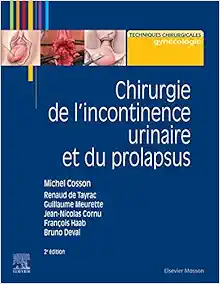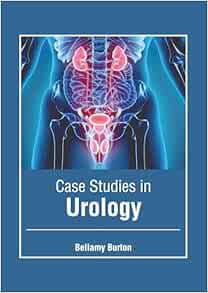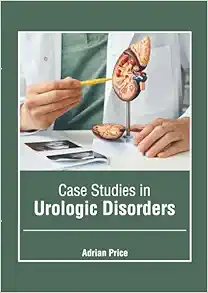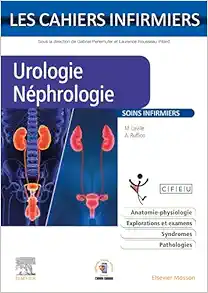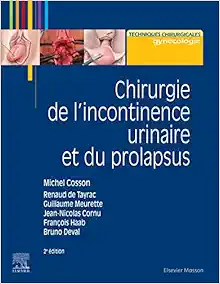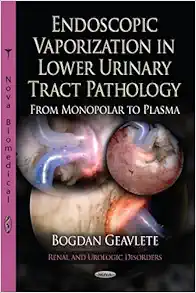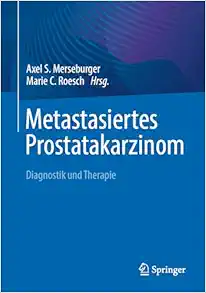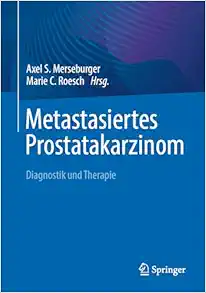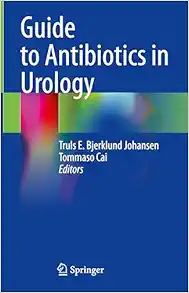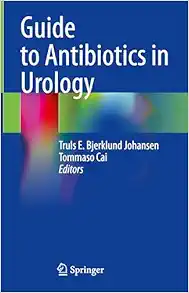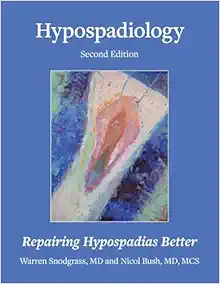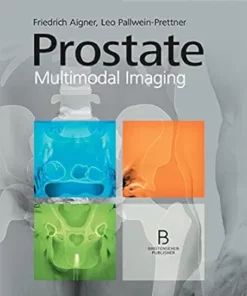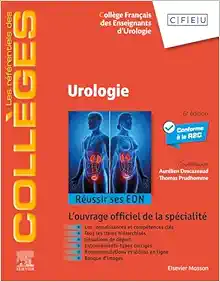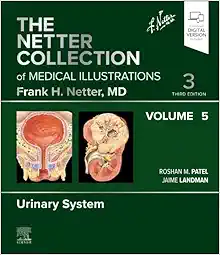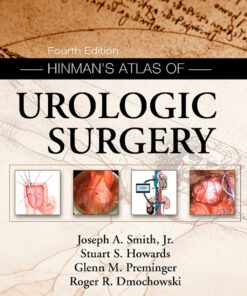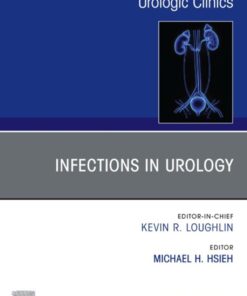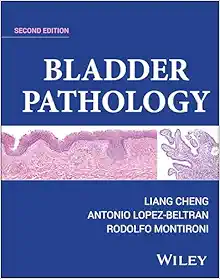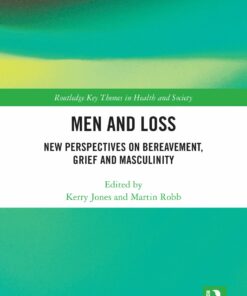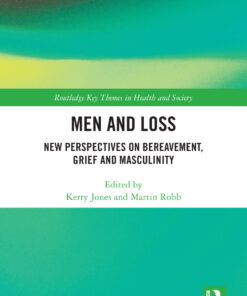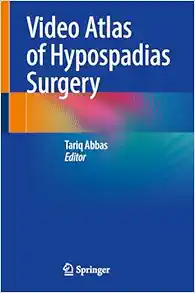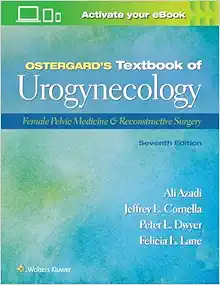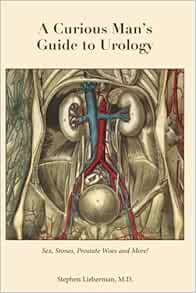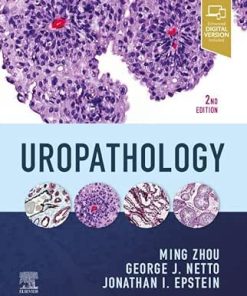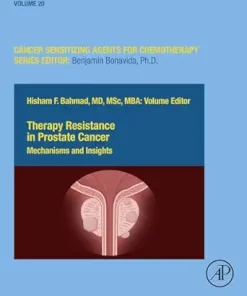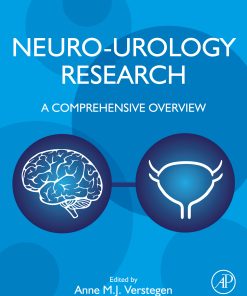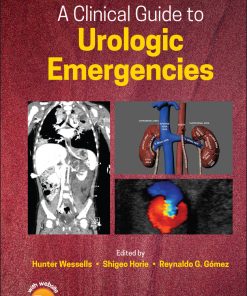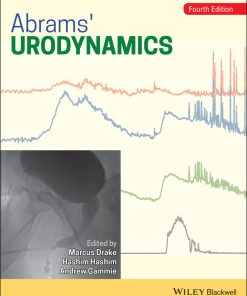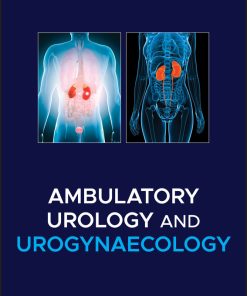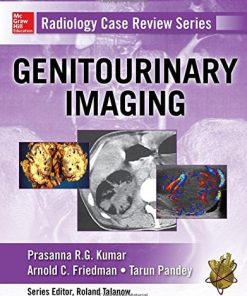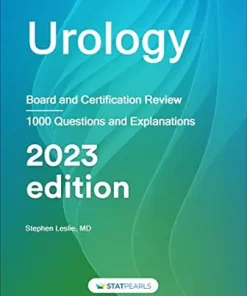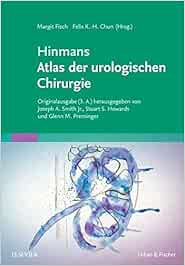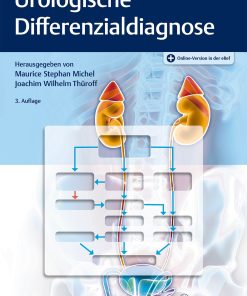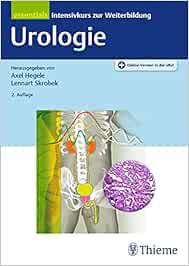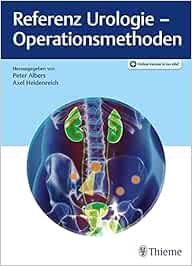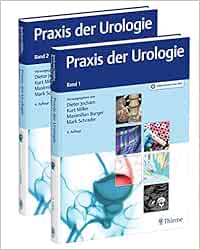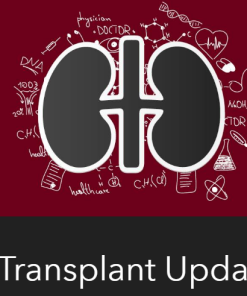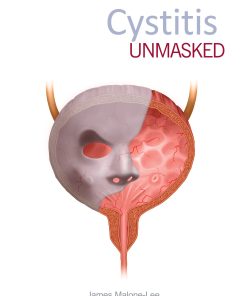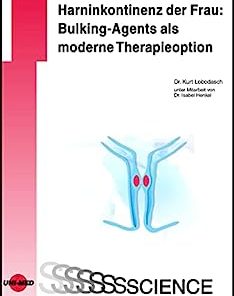USCAP BELOW THE BELT: Pitfalls and New Entities in Anorectal, Urologic and Gynecologic Surgical Pathology and Cytopathology 2023
$144
Format : 8 MP4 + 8 PDF files
File Size : 40.8 GB
USCAP BELOW THE BELT: Pitfalls and New Entities in Anorectal, Urologic and Gynecologic Surgical Pathology and Cytopathology 2023
The field of pathology has made significant advances in the understanding and diagnosis of a variety of diseases affecting the lower anogenital tract, lower urinary tract, prostate, uterus, and cervix. In recent years, the identification of relevant genes and better immunohistochemical markers has enabled the recognition of new entities, while the ability to readily detect human papillomavirus (HPV) using RNA in situ hybridization has allowed for improved diagnosis.
This new knowledge and understanding has led to the development of new treatment options, particularly in the area of immunotherapy. To address these new developments in pathology, expert faculty have come together to create a comprehensive educational activity that covers the latest advancements and challenges in this field.
The program covers a range of topics, including the grading of prostatic carcinoma, the diagnosing of urothelial neoplasms versus those from adjoining sites, as well as the identification of mimickers of common neoplasms of the anogenital and urothelial tracts. Additionally, the course will provide attendees with a systematic approach to addressing diagnostic challenges in cytology.
This program is designed for practicing academic and community pathologists, as well as pathologists-in-training. Upon completion of the course, attendees will be equipped with the knowledge and understanding to recognize and diagnose a range of diseases affecting the lower anogenital tract, lower urinary tract, prostate, uterus, and cervix.
The program is available in various formats, including a book and video series. The book covers all topics in detail and comes with additional learning materials. The video series provides a more in-depth look at specific topics covered in the book.
The reviews of this program have been overwhelmingly positive, with many attendees praising the expert faculty and the thoroughness of the program. One attendee commented, “This program has been incredibly valuable to my work in the field of pathology. The faculty were experts in their field and the program provided an in-depth understanding of the latest advancements and challenges.”
If you are a practicing academic or community pathologist, or in training to become one, this program is an essential resource for staying up-to-date on advancements and challenges in the field of pathology. Order your copy today and take your knowledge to the next level.
Product Details
Related Products
UROLOGIC SURGERY
Diagnostic Challenges in Urologic Pathology 2024 – USCAP (Videos)
UROLOGIC SURGERY
UROLOGIC SURGERY
Case Studies in Urologic Disorders (Original PDF from Publisher)
UROLOGIC SURGERY
Urologie-Néphrologie (French Edition) (True PDF from Publisher)
UROLOGIC SURGERY
UROLOGIC SURGERY
UROLOGIC SURGERY
Urologie: Réussir ses EDN, 6th edition (True PDF from Publisher)
UROLOGIC SURGERY
Bladder Pathology, 2nd edition (Original PDF from Publisher)
UROLOGIC SURGERY
UROLOGIC SURGERY
Video Atlas of Hypospadias Surgery (Original PDF from Publisher)
UROLOGIC SURGERY
UROLOGIC SURGERY
UROLOGIC SURGERY
UROLOGIC SURGERY
Kinderurologie In Klinik Und Praxis (Original PDF From Publisher)
UROLOGIC SURGERY
UROLOGIC SURGERY
UROLOGIC SURGERY
UROLOGIC SURGERY
UROLOGIC SURGERY
Hinmans Atlas Der Urologischen Chirurgie (Azw3+EPub+Converted PDF)
UROLOGIC SURGERY
Urologie Essentials, 2nd Edition (Original PDF From Publisher)
UROLOGIC SURGERY
Referenz Urologie – Operationsmethoden (Original PDF From Publisher)
UROLOGIC SURGERY
UROLOGIC SURGERY
Urologic Clinics Of North America 2023 Full Archives (True PDF)
UROLOGIC SURGERY
UROLOGIC SURGERY
2021 Prostate MRI (Program 1) – John F. Feller, M.D (Videos)
UROLOGIC SURGERY
UROLOGIC SURGERY
UROLOGIC SURGERY
UROLOGIC SURGERY
UROLOGIC SURGERY
UROLOGIC SURGERY
UROLOGIC SURGERY
UROLOGIC SURGERY
Current Diagnosis and Treatment of Nocturia (UNI-MED Science)
UROLOGIC SURGERY
UROLOGIC SURGERY
UROLOGIC SURGERY
Dr. Patrick Walsh’s Guide to Surviving Prostate Cancer, 4th Edition
UROLOGIC SURGERY
UROLOGIC SURGERY
UROLOGIC SURGERY
UROLOGIC SURGERY
UROLOGIC SURGERY
UROLOGIC SURGERY
UROLOGIC SURGERY
UROLOGIC SURGERY
UROLOGIC SURGERY
UROLOGIC SURGERY




